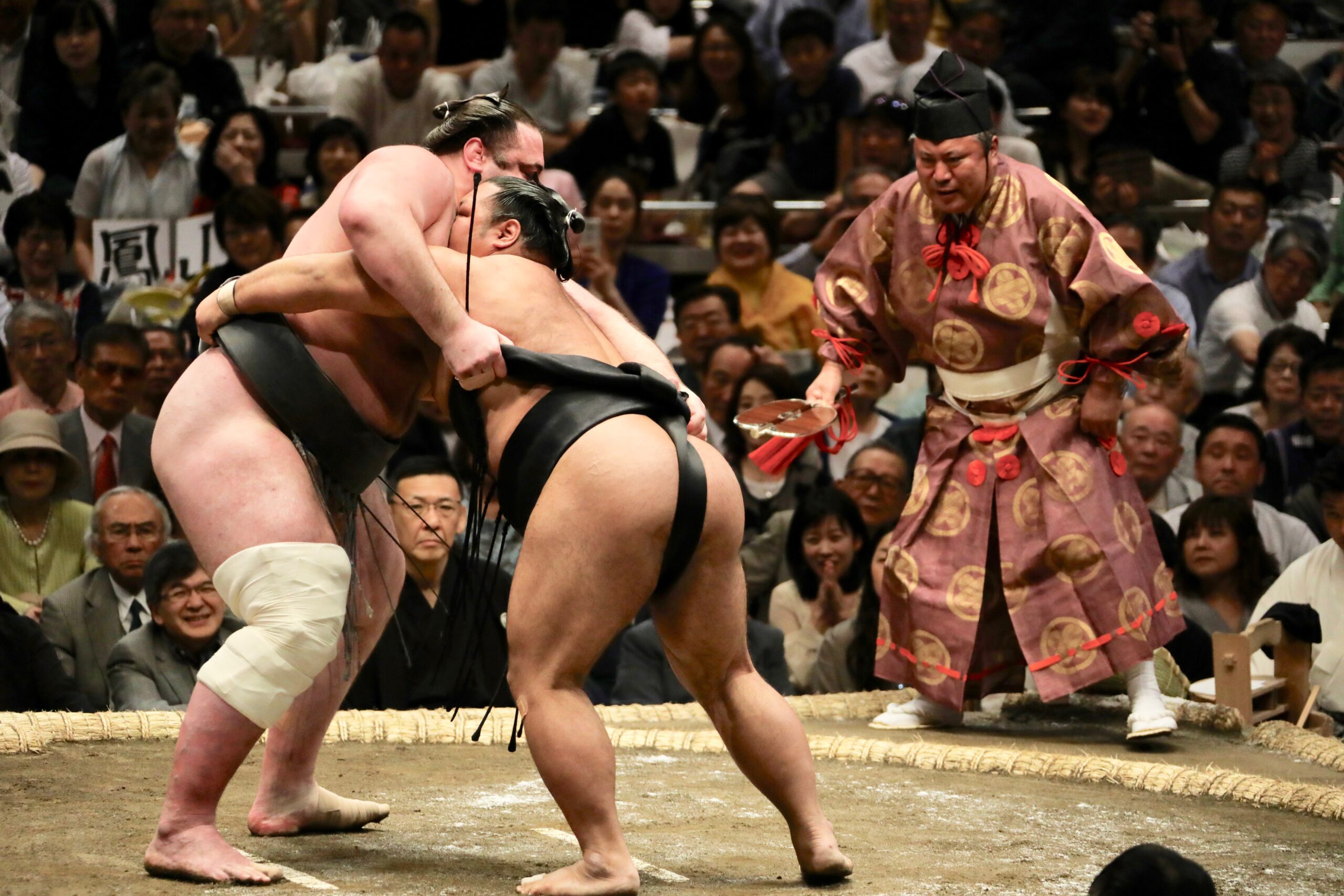From Cherry Blossoms to Sumo Wrestling: Exploring Japan’s Cultural Festivals as an International Student
Japan is a country rich in cultural traditions, and one of the most exciting aspects for international students is the opportunity to immerse themselves in the vibrant festivals that take place throughout the year. From the breathtaking beauty of cherry blossoms in spring to the thrilling competitions of sumo wrestling, Japan’s festivals offer a unique window into the country’s customs and traditions. In this article, we will delve into some of the most captivating cultural festivals that international students can experience during their time in Japan.

1. Sakura Matsuri: The Cherry Blossom Festival
When spring arrives, Japan transforms into a dreamlike landscape of delicate pink and white cherry blossoms. The Sakura Matsuri, or Cherry Blossom Festival, is a celebration of this natural phenomenon and is eagerly awaited by locals and tourists alike. International students have the opportunity to participate in hanami, the traditional custom of gathering under blooming cherry trees to appreciate their beauty. This festival not only offers a feast for the eyes but also provides a chance to connect with the Japanese people and experience their joyous spirit.
2. Tanabata: The Star Festival
Tanabata, also known as the Star Festival, is based on an ancient Japanese legend. According to the story, two celestial lovers, represented by the stars Vega and Altair, are separated by the Milky Way and can only meet once a year on the seventh day of the seventh month. During this festival, colorful paper decorations called “tanzaku” are hung on bamboo trees, and people write their wishes on them. International students can join in the festivities by writing their own wishes and experiencing the enchanting atmosphere of this romantic celebration.
3. Gion Matsuri: Kyoto’s Spectacular Festival
For international students studying in Kyoto, the Gion Matsuri is a must-see event. This month-long festival is one of Japan’s most famous and dates back over a thousand years. The highlight of the festival is the Yamaboko Junko procession, where enormous wooden floats, adorned with intricate tapestries, are paraded through the streets. The atmosphere is electric, with traditional music, dancing, and delicious street food. International students can witness the rich cultural heritage of Kyoto and feel the energy of this grand celebration.
4. Nebuta Matsuri: A Summer Spectacle
Originating from the Aomori Prefecture, the Nebuta Matsuri is a dynamic summer festival featuring massive illuminated paper lantern floats known as “nebuta.” These floats depict mythical characters and historical figures, and the festival is known for its energetic taiko drum performances and traditional dances. International students can marvel at the intricate craftsmanship of the floats and revel in the infectious enthusiasm of the locals as they dance alongside them. The Nebuta Matsuri is a true feast for the senses, showcasing the creativity and artistic flair of the Japanese people.
5. Grand Sumo Tournaments: A Test of Strength

Sumo wrestling is a traditional Japanese sport that dates back centuries and holds a special place in the hearts of the Japanese people. Attending a Grand Sumo Tournament provides international students with an exhilarating experience as they witness the intense matches between these heavyweight wrestlers. The tournament atmosphere is electrifying, with the crowd’s excitement reaching a crescendo as the wrestlers display their strength and skill. International students can soak in the traditions, rituals, and sheer power of this unique cultural event.
List of Other Must-Attend Events:
- Obon Festival (August): Obon is a traditional Buddhist event held to honor ancestors’ spirits. It involves visiting graves, lighting lanterns, and participating in Bon Odori dances, which are performed at local temples and shrines.
- Sumida River Fireworks Festival (Tokyo, July): This renowned fireworks festival held on the banks of the Sumida River in Tokyo features impressive firework displays accompanied by food stalls and lively atmosphere.
- Sapporo Snow Festival (Hokkaido, February): The Sapporo Snow Festival is a winter festival known for its incredible snow and ice sculptures. The festival attracts millions of visitors who enjoy the stunning artwork and participate in winter activities.
- Awa Odori Festival (Tokushima, August): The Awa Odori Festival is a vibrant and energetic dance festival held in Tokushima prefecture. Participants, including locals and visitors, dance through the streets wearing traditional attire.
- Kanamara Matsuri (Kawasaki, April): Known as the “Festival of the Steel Phallus,” Kanamara Matsuri celebrates fertility and is famous for its phallus-shaped decorations and processions. It’s a unique and lighthearted event.
- Takayama Festival (Gifu, April and October): The Takayama Festival is a grand traditional festival featuring elaborate floats, parades, and performances. It showcases the rich cultural heritage of the Hida region in Gifu prefecture.
- Jidai Matsuri (Kyoto, October): Jidai Matsuri, meaning “Festival of the Ages,” is a historical procession in Kyoto. Participants dress in various historical costumes, representing different eras of Japan’s history.
These are just a few examples of the cultural festivals and events you can explore as an international student in Japan. Each region and city has its own unique festivals, so make sure to check local event calendars and inquire with your university or local community to discover more opportunities to experience Japanese culture and traditions.
Conclusion
Japan’s cultural festivals offer international students an unparalleled opportunity to delve into the country’s rich heritage and create lasting memories. From the ethereal beauty of cherry blossoms to the exhilarating competitions of sumo wrestling, these festivals provide a deeper understanding of Japan’s traditions and values. By immersing themselves in these vibrant celebrations, international students can forge connections with the local community and develop a profound appreciation for the uniqueness of Japanese culture.

